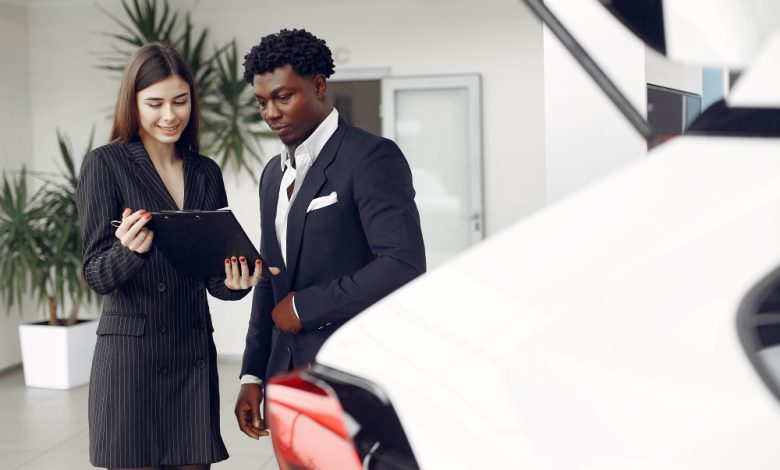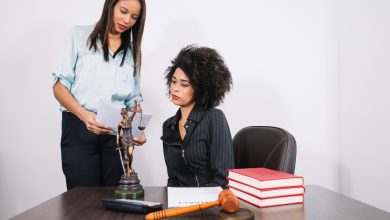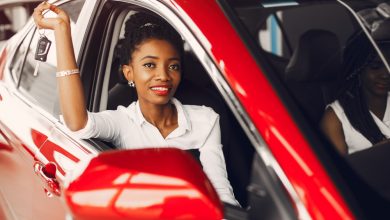
Car accidents happen when we least expect them. And when they do, they can leave a whirlwind of emotions—fear, frustration, and confusion about what to do next. Beyond dealing with injuries and car repairs, there’s often the looming question of liability. Who is at fault, and how do you prove it?
In this article, we will break down how to prove liability in a car accident in simple, straightforward terms. We’ll cover everything you need to know—from gathering evidence to understanding negligence. By the end of this, you’ll be more prepared to protect your rights if you ever find yourself in a car accident.
1. Introduction
Car accidents can turn your life upside down in a matter of seconds. While dealing with injuries, insurance companies, and repairs, one major challenge often stands in the way—proving who is at fault. Establishing liability is crucial, as it can directly impact who pays for damages, medical bills, and any other losses. But how exactly do you prove liability in a car accident?
Let’s dive into the essentials, from understanding the legal definitions of liability to learning the steps you can take to gather evidence.
2. What Is Liability in a Car Accident?
Liability in a car accident refers to the legal responsibility for the crash. If one party is found to be liable, they are held accountable for compensating any losses caused by the accident. These losses can include physical injuries, damage to vehicles, lost wages, and even emotional trauma.
Think of liability as pointing a finger and saying, “You were responsible for this accident.” But unlike just saying it, the law requires concrete proof to back up such claims.
3. Why Proving Liability Is Crucial
Without proving liability, you might find yourself in a difficult situation, either bearing the costs of the accident or being unfairly blamed. Proving who caused the accident can help you recover damages for your vehicle, medical bills, and other costs.
Moreover, insurance companies and courts often rely on liability determinations to decide who pays for what. That’s why it’s critical to establish clear proof.
4. The Role of Negligence in Car Accidents
At the heart of most car accident liability cases is the concept of negligence. Negligence occurs when a driver fails to act in a way that a reasonably prudent person would under the same circumstances. For example, running a red light or texting while driving can be seen as negligent behavior.
To prove negligence, you must show four elements:
- Duty of Care: The driver had a responsibility to drive safely.
- Breach of Duty: The driver acted recklessly or carelessly.
- Causation: The driver’s actions directly caused the accident.
- Damages: You suffered losses (financial or physical) as a result.
If you can demonstrate these four points, proving liability becomes much easier.
5. Gathering Evidence at the Scene
After a car accident, the scene itself is often the best place to start building your case for liability. Photographs and videos of the scene, vehicle damage, and skid marks can be invaluable. These visuals help create a clear picture of what happened.
Key things to capture include:
- Vehicle damage
- Road conditions (wet, icy, etc.)
- Traffic signals and signage
- Location of the vehicles post-accident
- Any visible injuries
These details can support your case, making it harder for the other party to dispute fault.
6. Police Reports and Their Importance
A police report is an official account of what happened during the accident, written by a responding officer. This report is often viewed as an objective third-party record, making it a valuable piece of evidence in proving liability.
The police will typically note details like:
- Who they believe is at fault
- Road conditions
- Any traffic law violations
- Witness statements
It’s a good idea to request a copy of the police report and review it for accuracy. In many cases, this report can greatly influence how liability is determined.
7. Witness Statements: Key to Objectivity
Witnesses can play a critical role in car accident cases. Their statements provide an unbiased account of what they saw and can corroborate your version of events. Witnesses may have noticed details you missed, such as how fast the other car was going or whether they were distracted.
Be sure to collect contact information from witnesses at the scene. These statements can make your claim stronger when negotiating with insurance companies or in court.
8. Traffic Laws and Violations
Sometimes, proving liability can be as simple as showing that the other driver broke a traffic law. Whether it’s running a red light, speeding, or not yielding, violating traffic rules can automatically put the fault on the other driver.
Knowing your state’s traffic laws can help you identify violations that contributed to the accident. Insurance companies and legal professionals often use these violations as key evidence when determining fault.
9. Accident Reconstruction Experts
In more complex cases, such as multi-car accidents or incidents with significant disputes, accident reconstruction experts may be called in. These specialists use physics and engineering principles to recreate the crash and determine what happened.
They analyze factors like vehicle speed, angle of impact, and braking patterns. While this might seem like something out of a crime show, it’s a real and valuable method for proving liability, especially when evidence at the scene is limited or contradictory.
10. The Role of Insurance Companies
Insurance companies play a pivotal role in determining liability. Both your insurance and the other driver’s insurance will conduct investigations to assess fault. They’ll review evidence, interview drivers, and may even rely on the police report.
However, be cautious: insurance companies aim to minimize payouts, so they may attempt to reduce their liability or shift some blame onto you. It’s important to gather as much evidence as possible to back up your claim.
11. When You Should Consider Legal Help
While many car accidents are straightforward, there are times when hiring an attorney can make a huge difference. If the accident involves severe injuries, significant property damage, or disputes about who is at fault, a lawyer can provide expertise in negotiating with insurance companies and gathering evidence.
A legal professional can help ensure that you are not taken advantage of and that your rights are protected.
12. Conclusion
Proving liability in a car accident isn’t always easy, but with the right approach and evidence, it can be done. Whether it’s through photographs, police reports, witness statements, or legal help, building a solid case is key to ensuring you are fairly compensated.
Accidents are already stressful—don’t let the confusion around liability add to your burden. Being prepared and informed will help you navigate this challenging situation with more confidence.
13. FAQs
1. How do I prove the other driver was negligent?
To prove negligence, you need to show that the other driver had a duty to drive safely, breached that duty, and caused the accident, resulting in damages.
2. What should I do immediately after a car accident?
After ensuring everyone is safe, you should exchange information, take photos, gather witness contacts, and file a police report.
3. Can the police report be used to prove liability?
Yes, a police report is often critical in proving liability, as it provides an unbiased account of the accident and may highlight traffic law violations.
4. Should I talk to insurance adjusters after an accident?
Be cautious when speaking with insurance adjusters. Provide factual information, but avoid giving recorded statements without legal advice.
5. What happens if both drivers are partially at fault?
In some cases, liability may be shared between drivers. This is known as comparative negligence, where each party’s responsibility is divided based on their contribution to the accident.






